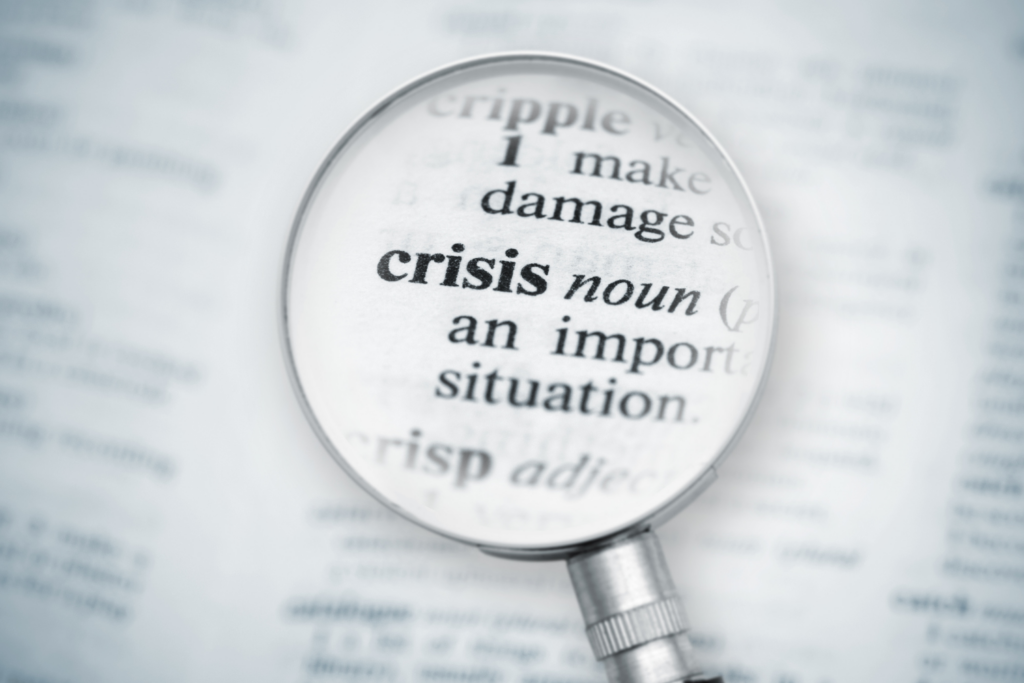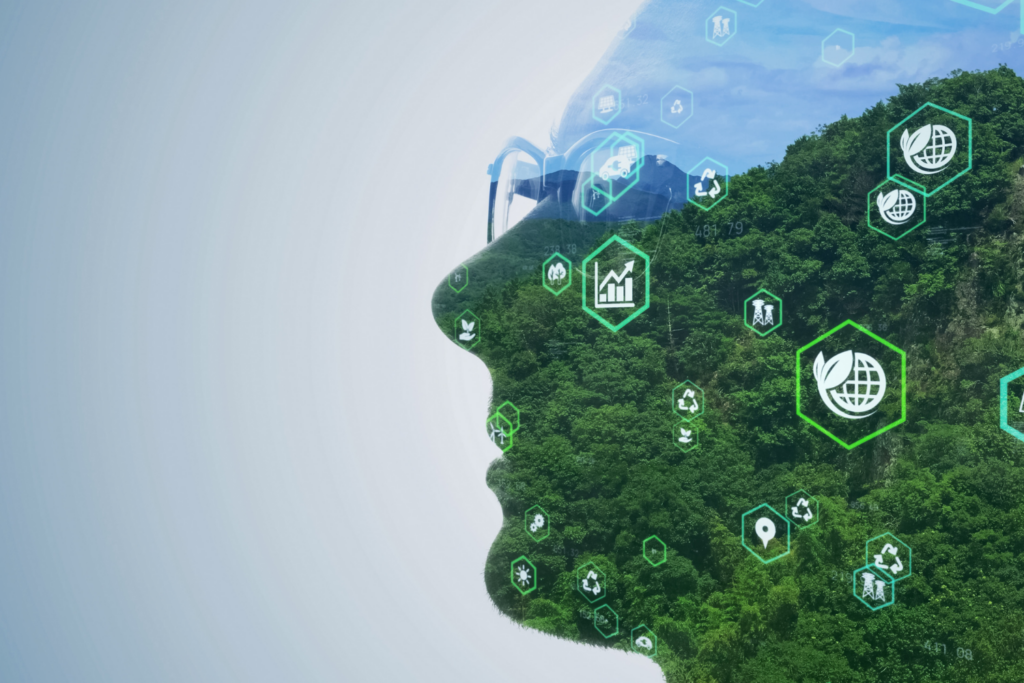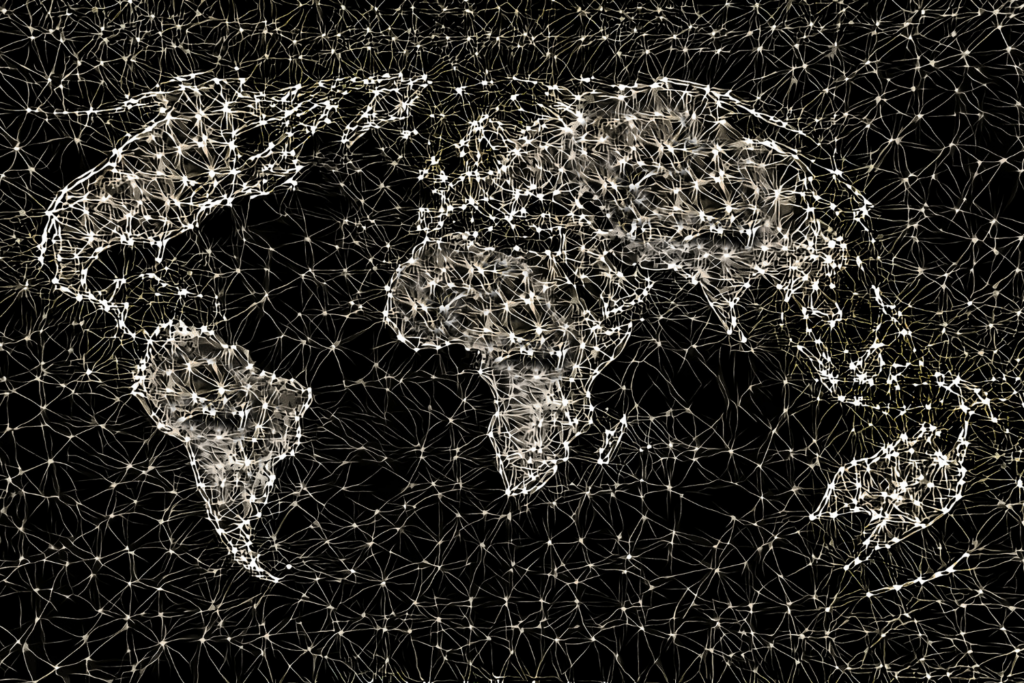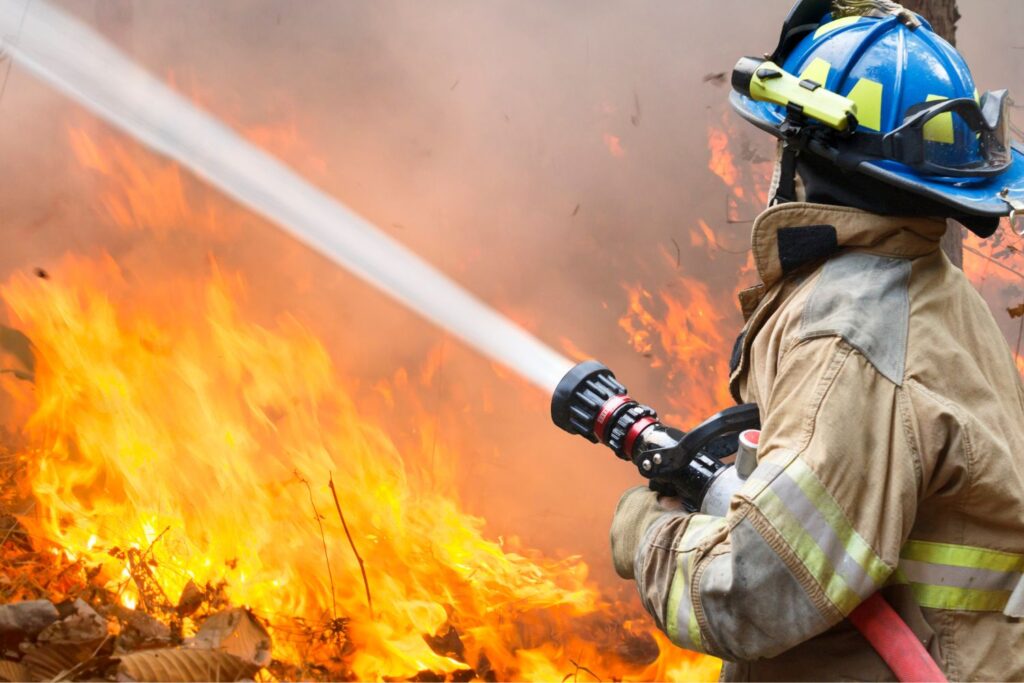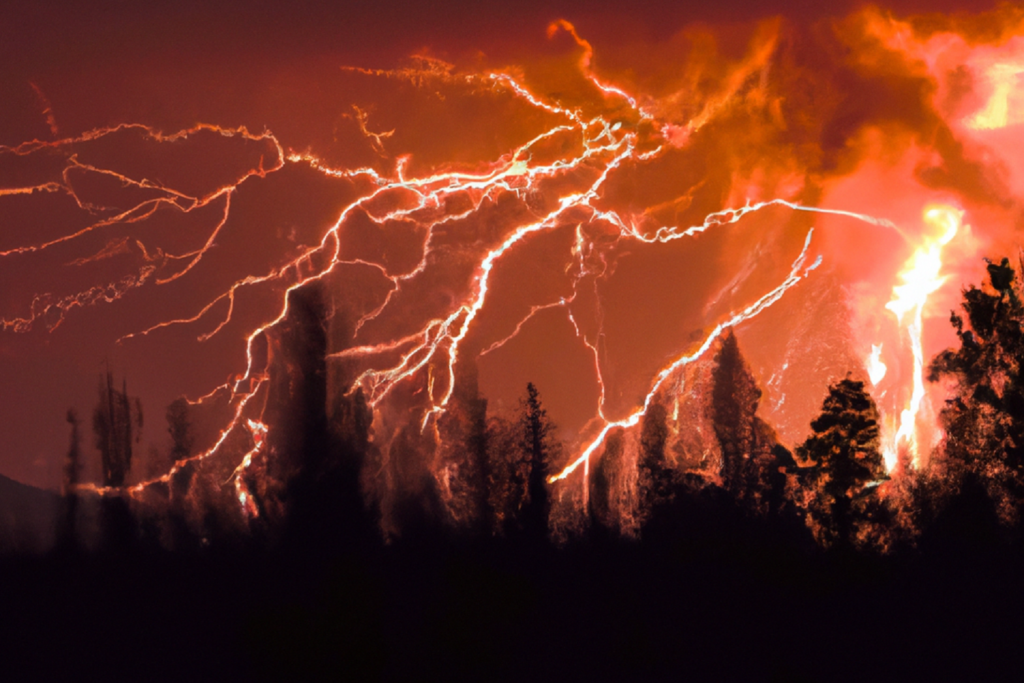Causal Loop Diagrams handbook
In this handbook, Cascade Institute Polycrisis Fellow Michael Lawrence explains how to read and draw a causal loop diagrams (CLD)–a systems mapping technique that helps us to think through our mental model of a system, increase our understanding of a system, and communicate our knowledge to others. It clarifies some common sources of confusion, provides […]
Causal Loop Diagrams handbook Read More »


